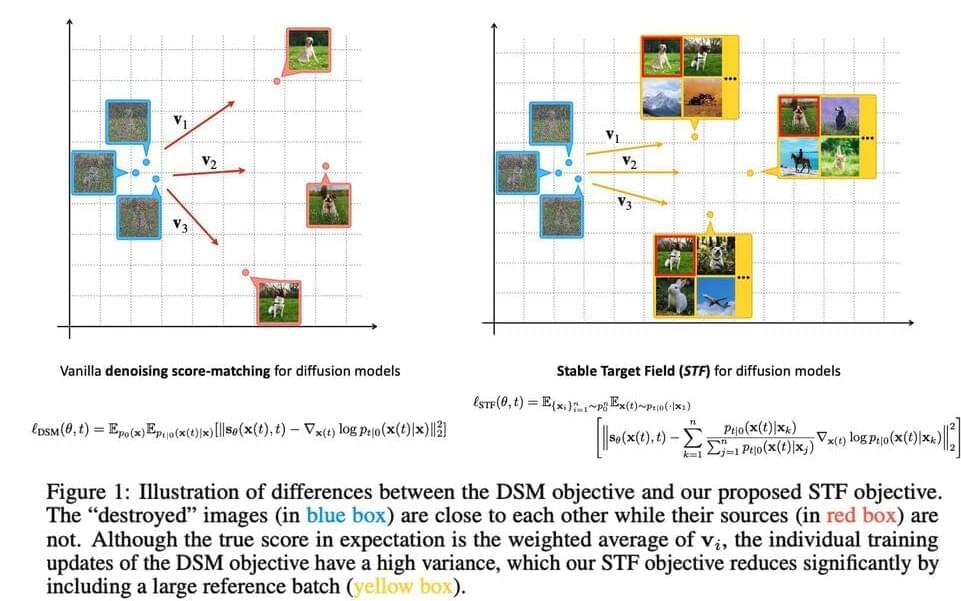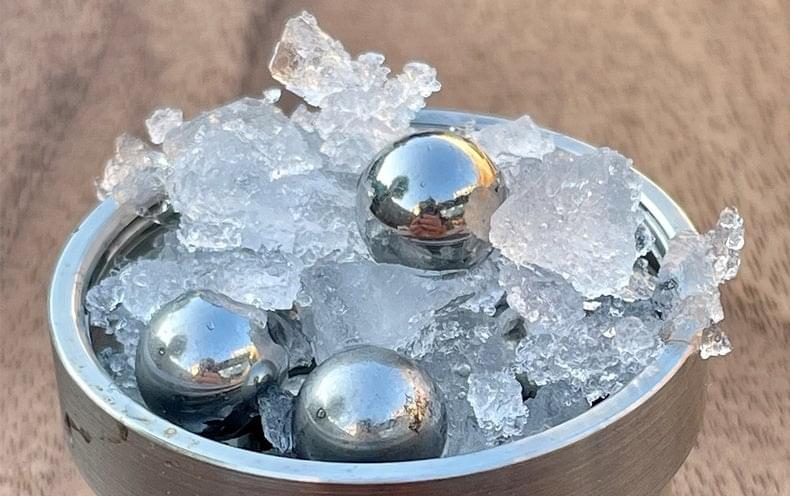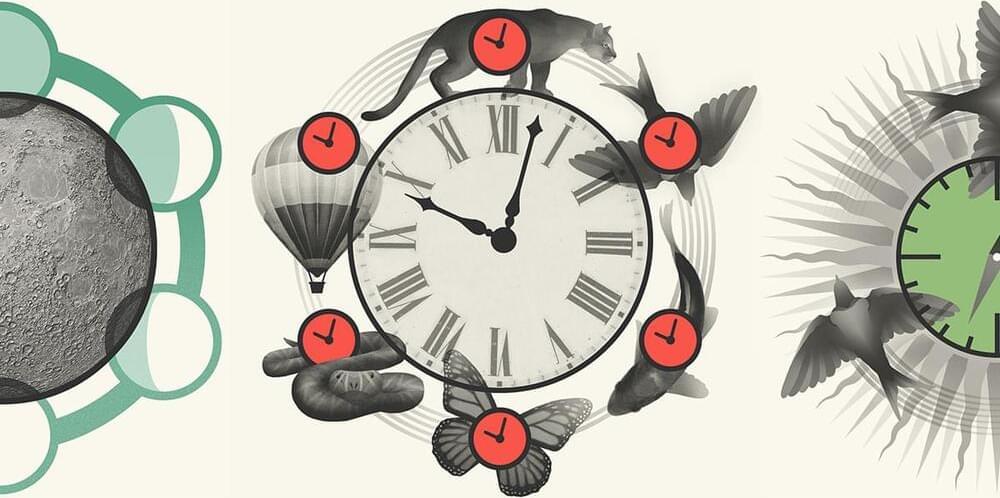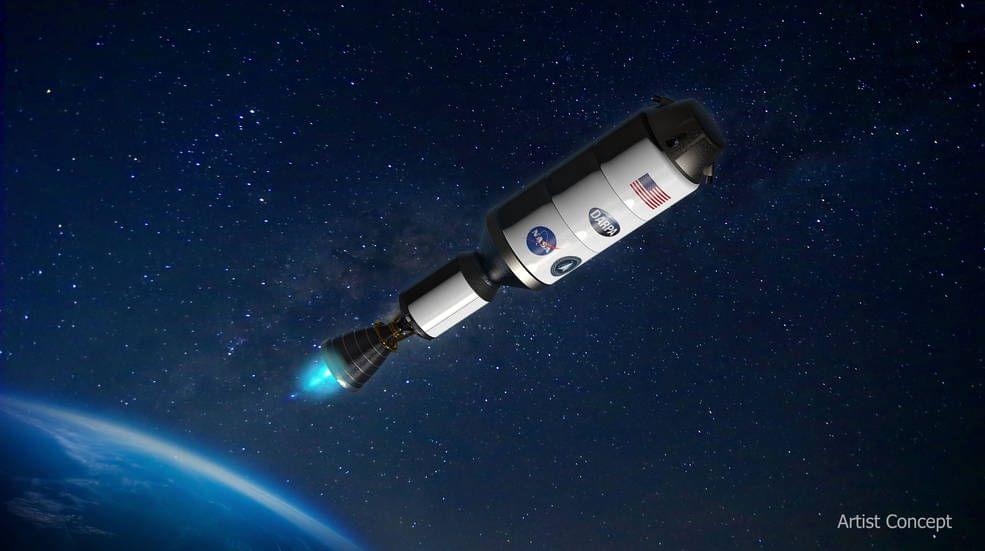The minor planet, considered small, is about the size of the Colosseum in Rome.




Setting boundaries for these tools, then, could be crucial, some researchers say. Edwards suggests that existing laws on discrimination and bias (as well as planned regulation of dangerous uses of AI) will help to keep the use of LLMs honest, transparent and fair. “There’s loads of law out there,” she says, “and it’s just a matter of applying it or tweaking it very slightly.”
At the same time, there is a push for LLM use to be transparently disclosed. Scholarly publishers (including the publisher of Nature) have said that scientists should disclose the use of LLMs in research papers (see also Nature 613, 612; 2023); and teachers have said they expect similar behaviour from their students. The journal Science has gone further, saying that no text generated by ChatGPT or any other AI tool can be used in a paper5.
One key technical question is whether AI-generated content can be spotted easily. Many researchers are working on this, with the central idea to use LLMs themselves to spot the output of AI-created text.


Diffusion models have recently produced outstanding results on various generating tasks, including the creation of images, 3D point clouds, and molecular conformers. Ito stochastic differential equations (SDE) are a unified framework that can incorporate these models. The models acquire knowledge of time-dependent score fields through score-matching, which later directs the reverse SDE during generative sampling. Variance-exploding (VE) and variance-preserving (VP) SDE are common diffusion models. EDM offers the finest performance to date by expanding on these compositions. The existing training method for diffusion models can still be enhanced, despite achieving outstanding empirical results.
The Stable Target Field (STF) objective is a generalized variation of the denoising score-matching objective. Particularly, the high volatility of the denoising score matching (DSM) objective’s training targets can result in subpar performance. They divide the score field into three regimes to comprehend the cause of this volatility better. According to their investigation, the phenomenon mostly occurs in the intermediate regime, defined by various modes or data points having a similar impact on the scores. In other words, under this regime, it is still being determined where the noisy samples produced throughout the forward process originated. Figure 1(a) illustrates the differences between the DSM and their proposed STF objectives.
Figure 1: Examples of the DSM objective’s and our suggested STF objective’s contrasts.



The human mind has long grappled with the elusive nature of time: what it is, how to record it, how it regulates life, and whether it exists as a fundamental building block of the universe. This timeline traces our evolving understanding of time through a history of observations in CULTURE, PHYSICS, TIMEKEEPING and BIOLOGY.
Australia’s first inhabitants, the ancestors of today’s aboriginal peoples, are believed to have embraced a timeless view of nature, in which the present and past are intimately connected. The spirits of long-dead ancestors, for example, were believed to inhabit the living. These spirits reflected a long-ago golden age sometimes known as the Dreamtime.

It’s a 40-minute livestream.